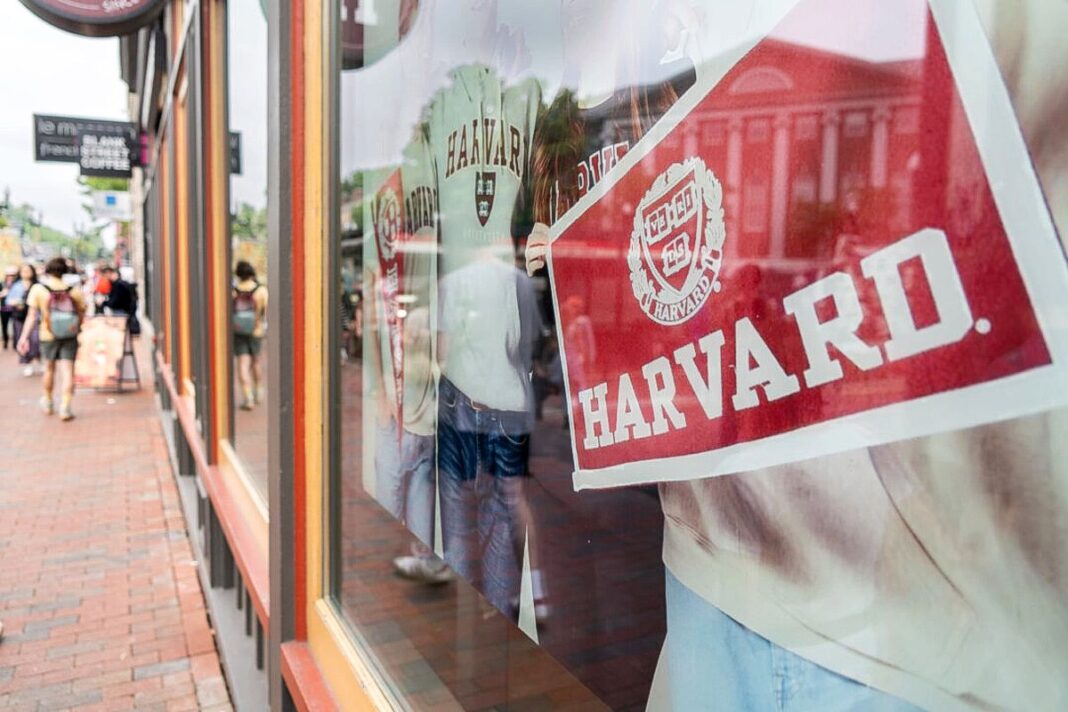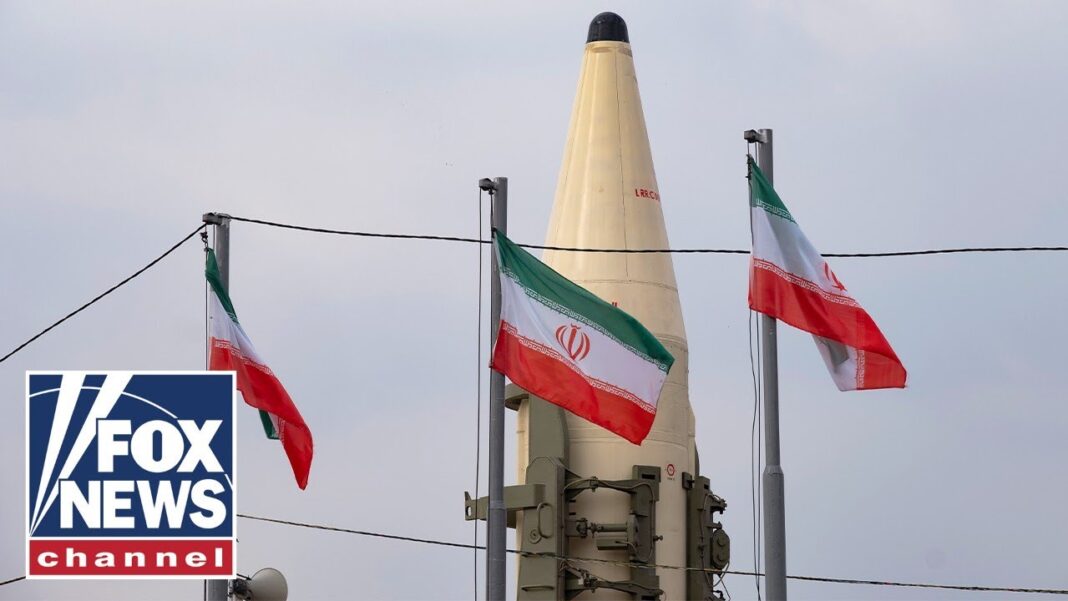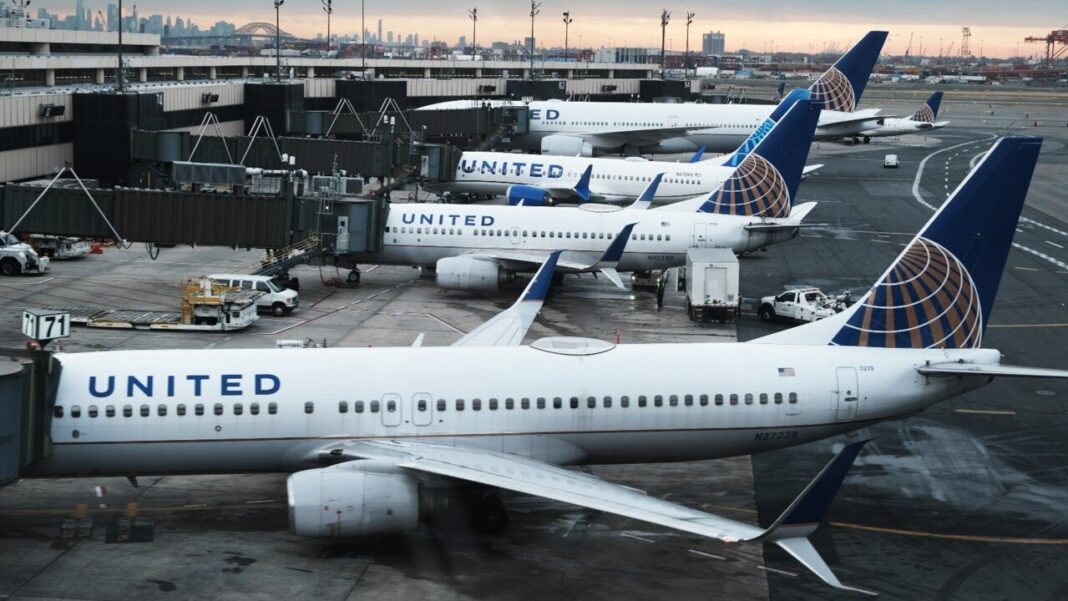The Trump administration accused Harvard of failing to combat anti-Semitism and vet foreign students to reduce national security risks.
A federal judge in Massachusetts has halted the Trump administration’s effort to block Harvard University from hosting international students.
In a June 20 order, U.S. District Judge Allison Burroughs granted a preliminary injunction blocking the Department of Homeland Security (DHS) and other federal agencies from implementing the revocation of Harvard’s authorization to host foreign students and scholars. The judge also ordered DHS to issue guidance reversing the revocation within 72 hours.
The case stems from an announcement last month by Homeland Security Secretary Kristi Noem, declaring the termination of Harvard’s foreign student authorization, known as the Student and Exchange Visitor Program (SEVP) certification. She said Harvard’s leadership had created an unsafe campus environment by letting pro-terrorist, anti-American agitators harass and assault people, many of them Jewish students. She also said the school collaborated with “individuals linked to China’s defense-industrial base” and “Chinese universities tied to military advancements” in critical research areas.
“This administration is holding Harvard accountable for fostering violence, anti-Semitism, and coordinating with the Chinese Communist Party on its campus,” Noem said in a May 22 statement. “It is a privilege, not a right, for universities to enroll foreign students and benefit from their higher tuition payments to help pad their multibillion-dollar endowments.”
Besides prohibiting Harvard from enrolling international students through the SEVP program, the revocation meant that existing foreign students must transfer to another school or lose their legal status.
A day after Noem’s announcement, Harvard sued, calling the move unconstitutional and an “unprecedented and retaliatory attack on academic freedom.” The university alleged it was being punished for refusing to comply with demands from federal officials that Harvard argues were designed to control speech and viewpoint diversity on campus. Alleging violations of the First Amendment and the Administrative Procedure Act, Harvard contended that the revocation bypassed established legal procedures and lacked any clear regulatory basis.
By Tom Ozimek








